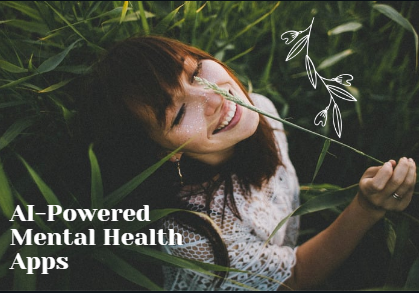In the evolving landscape of mental health support, individuals continue to seek tools that genuinely assist their well-being. A recent discussion in a therapy-focused forum highlighted mixed experiences with mental health apps, with one user sharing a surprising positive outcome from an unconventional source: ChatGPT.
The user expressed frustration with the lack of effective mental health apps, stating that despite advancements in technology, many offerings seem outdated and fail to retain user engagement. They noted a common sentiment among users who struggle to find helpful resources in a market crowded with options that often do not deliver the promised support. This led them to question why, despite ongoing innovations, effective solutions appear scarce.
Amid these concerns, the same user found that ChatGPT proved to be a valuable tool in their mental health journey. They described using the AI as a “thought partner,” which facilitated deeper self-reflection and journaling. By engaging with ChatGPT, the user could examine their behavioral patterns and integrate insights gained from traditional therapy sessions.
Importantly, the user emphasized that while ChatGPT should not replace professional therapists, it helped maintain consistency in their reflective practice. They found that the AI allowed them to apply therapeutic techniques effectively, enhancing their overall therapeutic experience. This instance illustrates how technology can fill certain gaps in mental health support, even if it raises skepticism among some users.
As mental health continues to be a critical issue, particularly in today’s fast-paced world, the conversation around digital tools like ChatGPT is essential. The effectiveness of such tools ultimately depends on individual needs and preferences, highlighting the importance of personalizing mental health support. While the user in the forum found success with ChatGPT, others may continue to explore different options to find what best serves their mental health needs.



